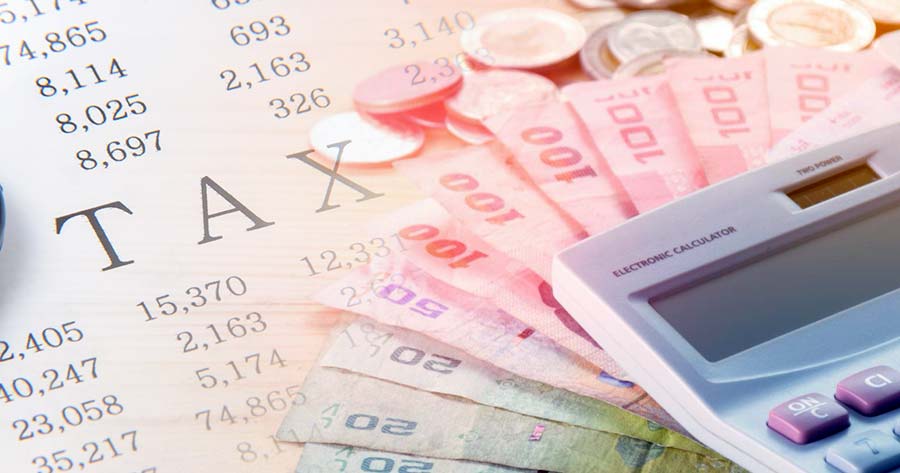Thailand’s government has announced a significant cut of approximately 50% in personal income tax rates for professionals who are willing to return to Thailand to work for companies in key industries such as electronics, automobiles, robotics, and aviation.
The tax breaks were approved by Prime Minister Srettha Thavisin’s cabinet in an effort to lure skilled overseas Thai workers back home. Deputy Finance Minister Paopoom Rojanasakul stated that qualified returning Thais will only be subject to a 17% personal income tax rate for five years, a substantial reduction compared to the 35% rate for residents earning over 5 million baht ($139,000) annually.
Prime Minister Srettha is facing pressure to stimulate Thailand’s economy, which is growing slowly compared to neighboring countries in Southeast Asia. The administration has been actively promoting Thailand as a hub for investment and tourism, but has been hampered by a shortage of professionals in crucial sectors like high-tech manufacturing and tourism. This initiative is part of a broader strategy to address this issue and boost economic development.
In line with neighboring Indonesia’s efforts to retain local talent and enhance their skilled labor force, Thailand is not only offering tax incentives but also providing opportunities for companies hiring returning Thais to deduct 1.5 times their expenses.
The tax perks will be in effect until the end of 2029, with the program targeting Thai nationals who have worked abroad for at least two years and hold a bachelor’s degree. The enrollment period for the program is set to close on December 31, 2025.
Deputy Finance Minister Paopoom emphasized that the aim of the initiative is to stimulate the Thai economy and support key industries by bringing back skilled professionals. He highlighted that the move is expected to increase tax revenue, particularly from the development of strategic sectors.
The government estimates that around 500 professionals may take advantage of the program, resulting in a projected tax revenue loss of approximately 120 million baht over five years, according to an official statement.





